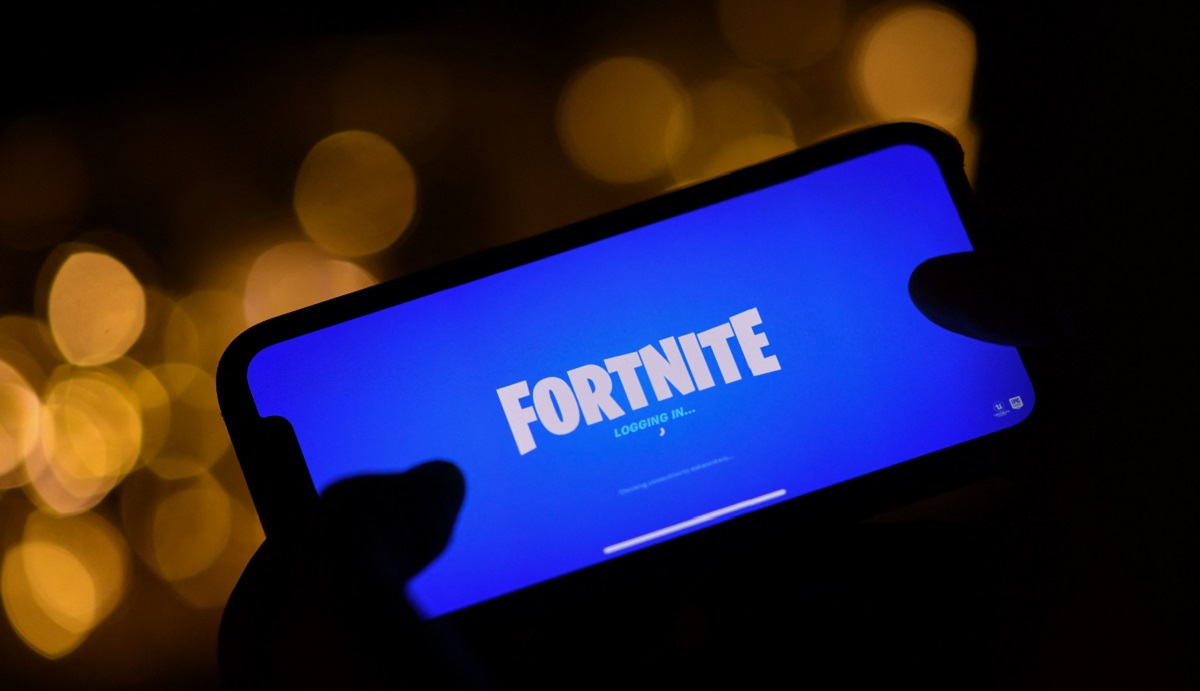
One of the world’s most popular video game makers has agreed to a federal fine that could lead to refunds for players nationwide.
As part of the largest Federal Trade Commission’s fine on record, Epic Games, the maker of the video game "Fortnite" among many others, has agreed to pay more than half a billion dollars in fines for allegedly putting children at risk, and using unfair business practices.
To learn more about the settlement, the allegations raised and the company’s response, click here.
Nearly half of the $520 million the company agreed to pay – $245 million – will be used “to provide refunds to Fortnite gamers in the U.S. who were affected by the company's billing and refund practices,” the FTC said.
The FTC announced Monday that refunds will be available to ‘Fortnite’ players and, if applicable, their parents, under the following conditions:
- Parents whose children made an unauthorized credit card purchase in the Epic Games Store between January 2017 and November 2018
- Fortnite players who were charged in-game currency (V-Bucks) for unwanted in-game items (such as cosmetics, llamas, or battle passes) between January 2017 and September 2022
- Fortnite players whose accounts were locked between January 2017 and September 2022 after disputing unauthorized charges with their credit card companies.
If a user or parent feels they are eligible for a refund, the FTC said there’s nothing to do at the moment.
Parents are encouraged to sign up for FTC email updates on the program by clicking here, or check the FTC’s website here for updates periodically.
In response to the settlement reached, Epic Games said it updated its refund policies and procedures back in September 2022. (To read the company’s full statement, click here.)
Federal regulators stress that the FTC will never ask consumers to pay to file a refund claim, and if anyone promises a refund in exchange for a fee, it’s likely fraudulent.
Feeling out of the loop? We'll catch you up on the Chicago news you need to know. Sign up for the weekly Chicago Catch-Up newsletter here.
Get updates on what's happening in the Chicago area to your inbox. Sign up for our News Headlines newsletter.



